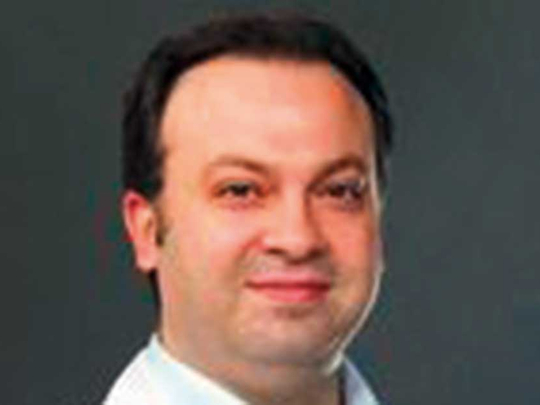
Abu Dhabi: Over the last two years, the advances made by immunotherapy in attacking cancers previously thought unstoppable have been especially promising, a top oncologist said in the capital on Thursday.
In fact, the results indicate that this form of treatment is revolutionary and could eventually lead us to find a cure for cancer, Dr Mohannad Diab, head of medical oncology at the NMC Speciality Hospital and NMC Royal Hospital, told Gulf News.
“For many advanced cancers, we were previously unable to do anything for the patient and were simply forced to send them home. But immunotherapy has opened the door to better palliative care, and has even helped stop the progress of cancers in quite a few patients,” he said.
“In fact, Keytruda (pembrolizumab) is particularly effective against certain kinds of cancer, including cancers of the colon, lung and urinary bladder,” Dr Diab added.
Immunotherapy uses a class of medicines that stimulate the patient’s immune response, and teach white blood cells to attack and act against cancer cells. Unlike traditional chemotherapy, these medicines do not kill healthy cells.
Dr Diab said more and more resources are currently being invested into researching immunotherapy.
“I personally have a patient in her 40s with a nasopharynx tumour who has been receiving Keytruda. A year or two ago, I would have said there was nothing more I could do for her and she would have had just about six months to live. But this patient is still alive, a whole year after the diagnosis, and the size of her tumour has been shrinking,” he said.
As in her case, many new immunotherapy drugs have prolonged the life of cancer patients by several months, and this represents a medical breakthrough, Dr Diad said.
“Before we had chemotherapy, patients with cancer would be given only a few weeks to live. Chemotherapy helped us increase the lifespan of these patients by several months, and now immunotherapy is prolonging lifespans by even longer,” he explained.
In fact, a recent study released last week showed that a combination of chemotherapy and immunotherapy can be especially effective in some cases, the doctor said.
There are also other advances in the field. Initially, immunotherapy could only be used against cancer cells if the protein receptors on their surface responded to the immunotherapy medication, thus enhancing the body’s immune response. This was determined through molecular genetic testing before the treatment was administered.
“Very recently, however, researchers have found other medicines that do not even need a positive response from protein receptors. This means that immunotherapy can potentially be used to treat even more cancer patients in future,” Dr Diab added.







